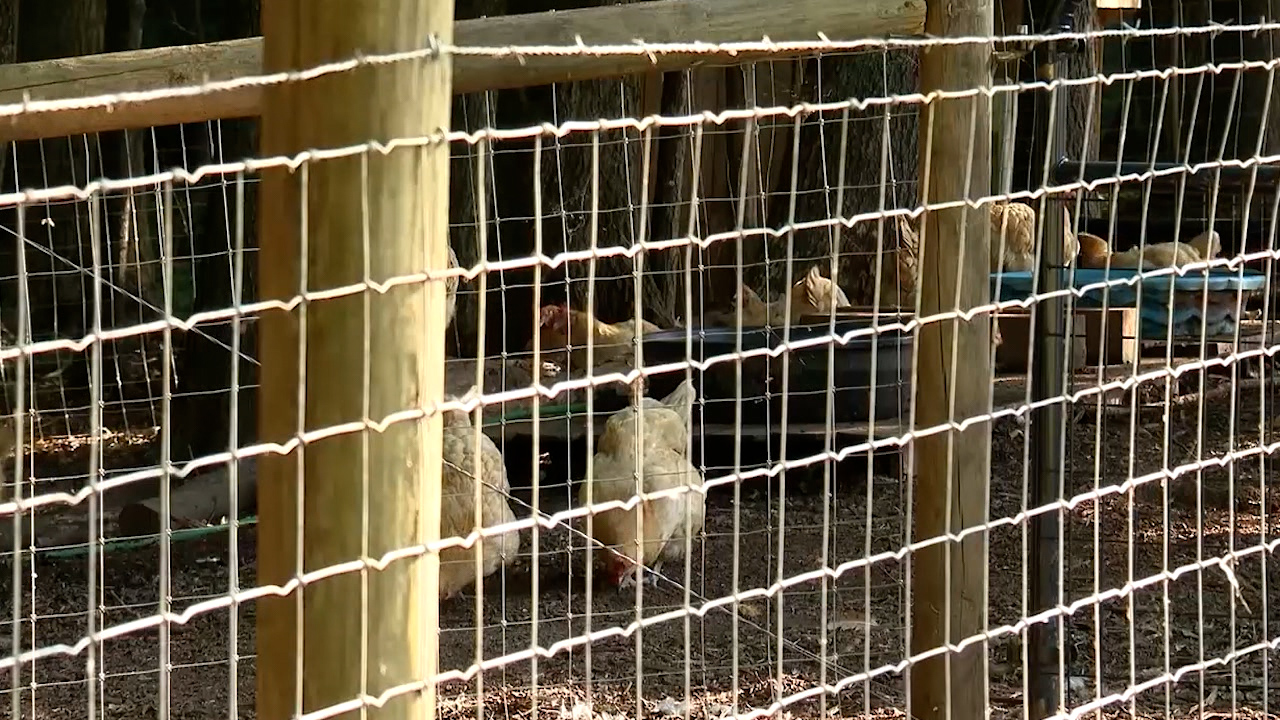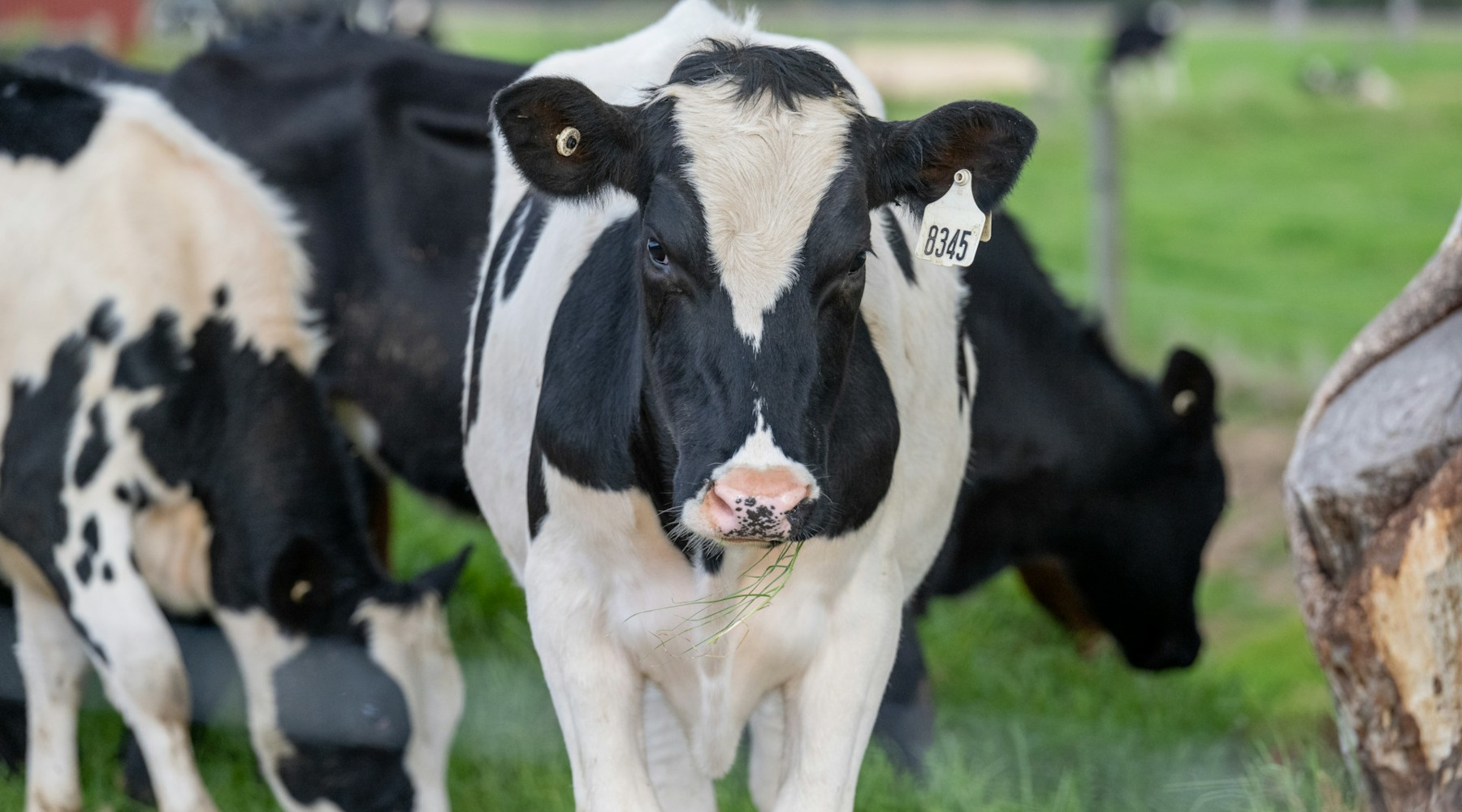Health
Guelph COVID, Cold, Flu Care Clinic to close as of March 31, 2023

|
|
GUELPH, ON – March 27, 2023 – The Guelph COVID, Cold, Flu Care Clinic located at 400 Southgate Drive is closing at the end of day Friday March 31, 2023. Care for community members with COVID-19, cold and flu symptoms will transition to family physicians, walk-in clinics and pharmacies.
The decision to close the Guelph COVID, Cold, Flu Care Clinic was made following a steady few months of low volumes and stable COVID hospital admissions. Please know that COVID is still prevalent in our community. If you feel unwell, please continue taking precautions to help limit the spread of respiratory ailments.
“The COVID, Cold, Flu Care Clinic played a significant role in meeting the needs of the community during the pandemic by providing community residents a much-needed alternative to the Emergency Department and primary care,” says Marianne Walker, President and CEO, Guelph General Hospital. “As care transitions back to community providers, I’d like to thank the over 100 team members from Guelph General Hospital, Guelph Family Health Team and other partner organizations for their valuable service during some very difficult times.”
Since opening its doors in March 2020 to help relieve pressure from the Emergency Department and primary care, the Guelph COVID, Cold, Flu Care Clinic has cared for over 184,000 patients.
“Patients can receive care for COVID-19, cold and flu symptoms from local Guelph Family Health Team Physicians and Nurse Practitioner-Led Clinics as well as primary health providers, walk-in clinics and pharmacies in the community,” says Ross Kirkconnell, Executive Director, Guelph Family Health Team.
Patients requiring care for severe COVID symptoms should continue to seek care at the nearest Emergency Department.
- For PCR COVID testing: https://www.ontario.ca/assessment-centre-locations
- For (Antiviral therapies (Paxlovid/Remdesivir) please contact your family doctor or pharmacy.
- For other Cold, Flu and COVID care please contact your family doctor and pharmacy.
- A full list of alternative care options is available here.
– 30 –
Guelph General Hospital (GGH) is a dynamic, comprehensive acute care facility providing a full range of services to the residents of Guelph and Wellington County. Services include 24-hour emergency coverage, advanced technology and diagnostic support, and specialty programs. GGH is a regional provider of general vascular surgery and a designated provincial Bariatric Centre of Excellence. GGH is also a proud partner in the Guelph Wellington Ontario Health Team. Visit us online at www.gghorg.ca or @guelphgeneral.
For more information, please contact: Carla Kostiak, Manager of Strategic Communications, Guelph General Hospital | Tel: 519 546 3048 | Email: ckostiak@gghorg.ca.
Guelph Family Health Team (Guelph FHT) provides team-based care to support patient wellbeing. Patients have access to a range of services, provided by a team of health care professionals that offer patients support in every stage of life. Guelph FHT supports 95 Family Doctors and serves 125,000 patients within 25 offices across Guelph. Guelph FHT is a proud partner of the Guelph Wellington Ontario Health Team. Visit www.guelphfht.com to learn more.





Health
It's possible to rely on plant proteins without sacrificing training gains, new studies say – The Globe and Mail


At the 1936 Olympics in Berlin, a scientist named Paul Schenk surveyed the eating habits of top athletes from around the world. The Canadians reported plowing through more than 800 grams of meat per day on average; the Americans were downing more than two litres of milk daily.
While there have been plenty of changes in sports nutrition since then, the belief that meat and dairy are the best fuel for building muscle persists. These days, though, a growing number of athletes are interested in reducing or eliminating their reliance on animal proteins, for environmental, ethical or health reasons. A pair of new studies bolsters the case that it’s possible to rely on plant proteins without sacrificing training gains, as long as you pick your proteins carefully.
The standard objection to plant proteins is that they don’t have the right mix of essential amino acids needed to assemble new muscle fibres. Unlike animal proteins, most plant proteins are missing or low in at least one essential amino acid.
In particular, there’s one specific amino acid, leucine, that seems to play a special role in triggering the synthesis of new muscle. It’s particularly abundant in whey, one of the two proteins (along with casein) found in milk. That’s why whey protein is the powdered beverage of choice in gyms around the world, backed by decades of convincing research, which was often funded by the dairy industry.
But one of the reasons whey looks so good may be that we haven’t fully explored the alternatives. A 2018 study by Luc van Loon of the University of Maastricht in the Netherlands, for example, tested nine vegetable proteins including wheat, hemp, soy, brown rice, pea and corn. To their surprise, they found that corn protein contains 13.5 per cent leucine – even more than whey.
Based on that insight, van Loon decided to pit corn against milk in a direct test of muscle protein synthesis. Volunteers consumed 30 grams of one of the proteins; a series of blood tests and muscle biopsies were collected over the next five hours to determine how much of the ingested protein was being turned into new muscle fibres. The results, which appeared in the journal Amino Acids, were straightforward: Despite all the hype about whey, there was no discernible difference between them.
A second study, this one published in Medicine & Science in Sports & Exercise by a team led by Benjamin Wall of the University of Exeter in Britain, had similar findings. Instead of corn, it used a mix of 40 per cent pea, 40 per cent brown rice and 20 per cent canola proteins. Since different plants have different amino acids profiles, mixing complementary proteins has long been suggested as a way overcoming the deficiencies of any single plant protein. Sure enough, the protein blend triggered just as much new muscle synthesis as whey.
On the surface, the message from these studies is straightforward: Plant proteins are – or at least can be – as effective as even the best animal proteins for supporting muscle growth. There are a few caveats to consider, though. One is that the studies used isolated protein powders rather than whole foods. You would need nearly nine cobs of corn to get the 30 grams of protein used in van Loon’s study, compared to just three-and-a-half cups of milk.
Another is that plants are generally harder to digest, meaning that not all the amino acids will be usable. That may not be a problem for healthy young adults consuming 30 grams of protein at once, which is enough to trigger a near-maximal muscle response. But for older people, who tend to have blunted muscle-building responses to protein, or in situations where you’re getting a smaller dose of protein, the details of protein quality may become more important.
Of course, the effectiveness of plant proteins won’t be news to notable plant-based athletes such as ultrarunner Scott Jurek or basketball star Chris Paul – but it’s encouraging to see the science finally begin to catch up.
Alex Hutchinson is the author of Endure: Mind, Body, and the Curiously Elastic Limits of Human Performance. Follow him on Threads @sweat_science.
Health
See how chicken farmers are trying to stop the spread of bird flu – Fox 46 Charlotte


CLOVER, S.C. (QUEEN CITY NEWS) — Poultry farmers across the Carolinas aren’t taking any chances. Many are turning to strict protocols as another wave of bird flu continues to threaten the chicken population across the country.
Since 2022, it is estimated more than 90 million birds have either died from the virus or were killed to prevent further spread in the U.S.
“We try to make them the happiest as possible. We always say a happy chicken is a tasty chicken,” owner of Eden Farms Adam Shumate said.
With their happiness in mid, Shumate also wants to keep his chickens alive and healthy. On his farm in Clover, he has implemented protocols to minimize a potential bird flu outbreak.
“We want to be prepared,” he said. “We feel like the things that we can do to prevent it first is the best case because we don’t want to start from scratch with a whole new flock.”
Because bird flu is commonly spread through bird droppings, Shumate is limiting the number of people coming into contact with his flocks. He says this would minimize the chances of someone walking onto the property with bird droppings on the bottoms of their shoes.
On top of monitoring the chickens closely, Shumate and his staff are constantly cleaning their equipment, including what they wear on their feet.
“We have specific shoes that are just for working with the flock and for when we are taking care of them,” Shumate said.
Other farmers, like Holly Burrell, haven’t let a visitor step foot near her hens in Gastonia for more than two years.
No visitors or outside cars are welcomed, and her chickens are separated in what she calls “tent cities.”
“We don’t want to do that because we want them to live their best life,” Burrell said in a 2022 interview with Queen City News.
Recently, health officials have detected bird flu in other animals like seals, squirrels and dolphins.
Earlier this month, bird flu was detected in one of the state’s dairy cow herds. While concerning, state health officials say the overall risk to the general public remains low.
“I’ve not heard of any cases, zero cases of people being affected by this virus associated with food consumption, milk consumption with egg consumption… any of these products we’re getting from farm animals is not really been associated with any human risk at this point,” said Dr. Michael Martin, director of the Veterinary Division at the N.C. Department of Agriculture and Consumer Services.
As of March 28, at least 80 birds in North Carolina were detected with the virus. Back in York County, Shumate says it all starts with the individual farms.
“When it comes to wildlife and things that that, there is only so much that you can do is be observant,” Shumate said. “Keep a healthy flock that way they can find off the infections that may come about.”
Health
CFIA Monitoring for Avian Influenza in Canadian Dairy Cattle After US Discoveries – Morning Ag Clips –


From the field to your inbox, the Weekend Edition of the Morning Ag Clips features stories, trends, and unique perspectives from the farming community. This laid-back edition is great for anyone looking for a fun weekend read.
Morning Ag Clips. All ag. All the time.
-
Business10 hours ago
Honda to build electric vehicles and battery plant in Ontario, sources say – Global News
-



 Science11 hours ago
Science11 hours agoWill We Know if TRAPPIST-1e has Life? – Universe Today
-
Investment14 hours ago
Down 80%, Is Carnival Stock a Once-in-a-Generation Investment Opportunity?
-
News15 hours ago
Honda expected to announce multi-billion dollar deal to assemble EVs in Ontario
-
Art21 hours ago
‘Luminous’ truck strap artwork wins prestigious Biennale prize in first for New Zealand – The Guardian
-



 Sports21 hours ago
Sports21 hours agoJets score 7, hold off Avalanche in Game 1 of West 1st Round – NHL.com
-
Business23 hours ago
Elon Musk comments on Tesla’s pricing strategy following cuts – TESLARATI
-



 Tech15 hours ago
Tech15 hours agoIndigenous Craft and Vendors Market a success in Halifax




